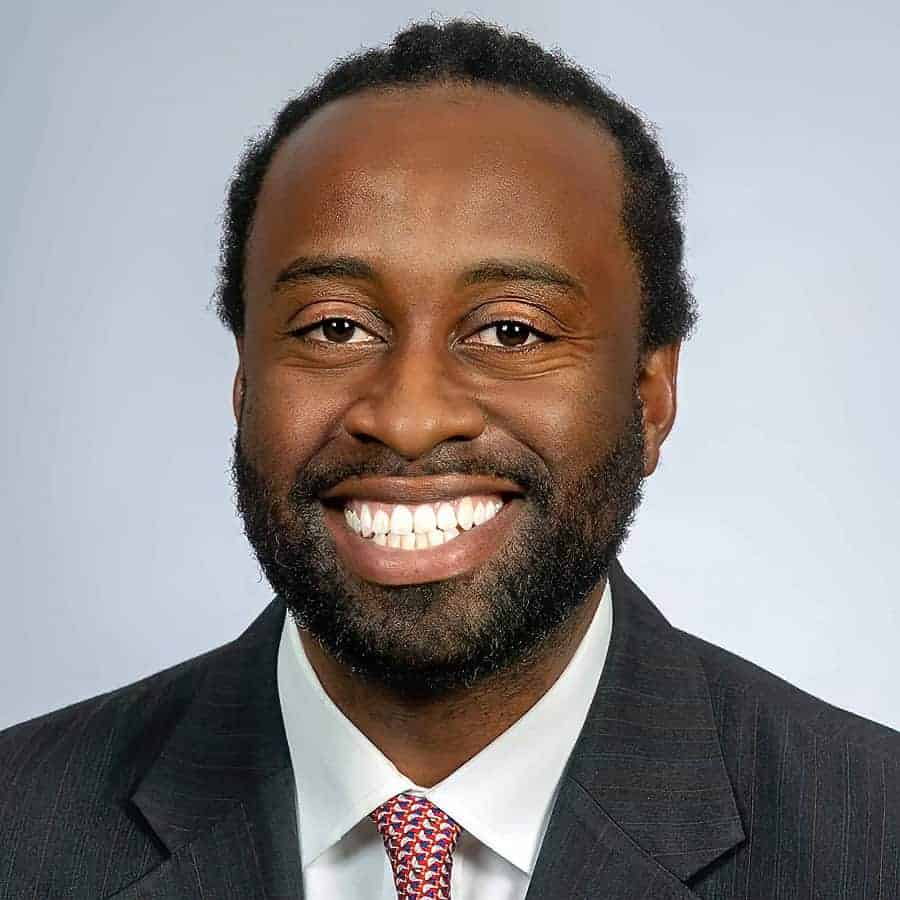In this episode, I talk with Izabelle McGarvey, EIT, a design engineer at Menard USA, on how innovative sustainability is reshaping geotechnical engineering to meet the challenges of climate change and resource scarcity in foundational projects like tunnels and infrastructure.
***The video version of this episode can be viewed here.***
Engineering Quotes:
Here Are Some of the Questions We Asked Izabelle:
- How did Menard’s focus on sustainability begin, and how has the program evolved over time?
- Why is sustainability essential for the future of geotechnical engineering?
- How does Menard reduce carbon emissions, and what innovative methods are you using to lower CO2 in projects?
- What role does ground improvement play in reducing carbon emissions, and how does it compare to traditional methods?
- What are the main challenges you face in promoting sustainability while balancing cost and practicality?
- What steps can engineers and the industry take to contribute more effectively to environmental sustainability?
- What final piece of advice would you offer engineers looking to make a meaningful impact on sustainability in geotechnical engineering?
Here Are Some of the Key Points Discussed About How Innovative Sustainability Is Remarkably Changing Geotech:
- Menard’s focus on sustainability stems from the environmental goals set by its parent company, which drives a structured approach to reducing carbon emissions across the organization. Menard USA continuously improves emission tracking and operational efficiency, establishing regional environmental ambassadors to expand sustainability initiatives across various locations.
- Sustainability supports the long-term success of all industries, ensuring practices that can be maintained indefinitely. In geotechnical engineering, where construction contributes significantly to carbon emissions, there is substantial opportunity for innovation to reduce a project’s environmental impact.
- Menard’s carbon reduction strategy includes ambitious goals to lower both direct and indirect emissions by 2030, with a focus on fuel use and material sourcing. By categorizing emissions, Menard identifies concrete as a key area for reduction and employs proprietary installation techniques to effectively lower CO2
- Ground improvement methods, including innovative installation techniques for rigid inclusions, reduce material usage and carbon footprints while effectively strengthening geotechnical capacity. Alternative solutions such as aggregate piers and dynamic compaction offer more sustainable, lower-carbon options compared to traditional, concrete-heavy methods.
- A primary challenge in promoting sustainability involves shifting the perception that green solutions are costly. Often, reducing material usage can lead to both cost and carbon savings, and by applying a “reduce, reuse, recycle” approach, organizations can achieve effective, sustainable results with a practical focus.
- Engineers make meaningful impacts by taking small, proactive steps, such as initiating sustainability conversations, tracking emissions, and identifying areas for improvement. These actions, along with mindful consumption practices, drive change and help guide teams toward achievable sustainability goals.
- Early field experience proves invaluable for engineers, enhancing practical judgment and communication with field teams. This hands-on exposure builds a solid foundation for problem-solving and resilience, equipping engineers to implement sustainable practices effectively in their careers.
More Details in This Episode…
About Izabelle McGarvey, EIT

About the Host: Jared M. Green, P.E., BC.GE, F.ASCE

Jared is a consultant and team leader who also enjoys mentoring young engineers and first-generation college students. He has been instrumental in increasing the number of pre-college students who are interested in STEAM majors and fields. He strives to make complex engineering topics relatable and understandable to people new to the field and to people who are completely unfamiliar with engineering. Jared and his family currently reside in Flemington, New Jersey. He and his wife have three energetic, inquisitive, and awesome children. You can connect with Jared here.
Sources/References:
Menard USA
Vinci Construction
Connect with Izabelle McGarvey, EIT, on LinkedIn
Please leave your comments or questions in the section below on how innovative sustainability is remarkably changing geotech.














